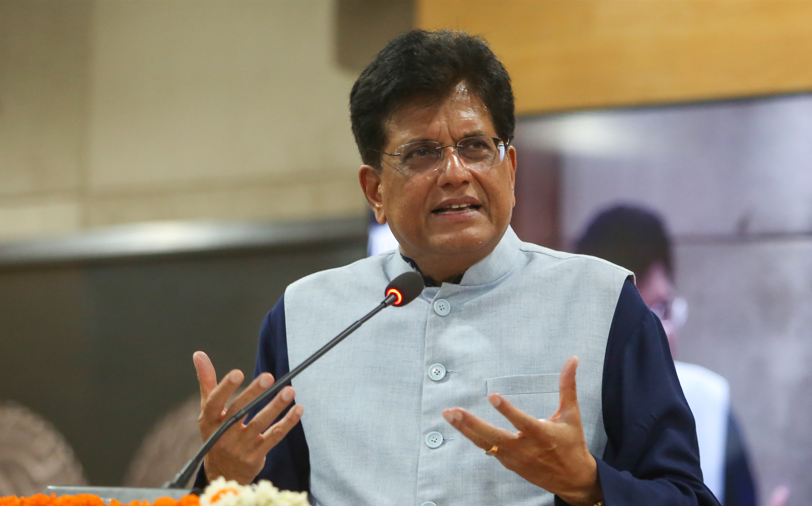Union Minister of Commerce and Industry Piyush Goyal held a virtual meeting on July 16, with Heads of Commercial Wings in 74 Indian Missions across 61 countries to strengthen India’s global trade and commercial engagement strategy. The interaction, conducted via video conference, focused on reviewing trade promotion activities and addressing market access challenges.
During the meeting, key Indian Missions presented detailed insights into their trade promotion efforts, sectoral developments, and challenges related to market access. Shri Goyal acknowledged the Missions as critical pillars of India’s economic diplomacy, emphasizing their role as the first point of contact for promoting Indian exports and fostering stronger ties with host countries.
The Minister urged the Missions to proactively gather trade intelligence, including updates on market trends, regulatory frameworks, and sectoral developments. He highlighted the importance of sharing innovative strategies and best practices that have successfully boosted trade and attracted investment to India. Shri Goyal stressed the need to focus on four key performance indicators—Investment, Trade, Tourism, and Technology—as outlined by Prime Minister Narendra Modi as pillars of India’s growth.
The discussion also covered the importance of regular trade advisories to identify demand-supply gaps and opportunities for Indian exporters. The Minister called for strategic interventions to address market access barriers, such as non-tariff barriers, sanitary and phytosanitary measures, and technical barriers to trade. He emphasized enhanced alignment between the Missions and the Department of Commerce through data-driven planning and effective use of digital platforms like the DGFT Trade Connect Portal.
Goyal also urged collaborative efforts to support India’s objectives in multilateral forums like the World Trade Organization, particularly in areas such as agriculture, public stockholding for food security, and fisheries subsidies. The meeting addressed operational challenges, including the need for adequate resources, efficient posting of commercial officers, and improved coordination to support initiatives like Make in India and Production Linked Incentive schemes.










